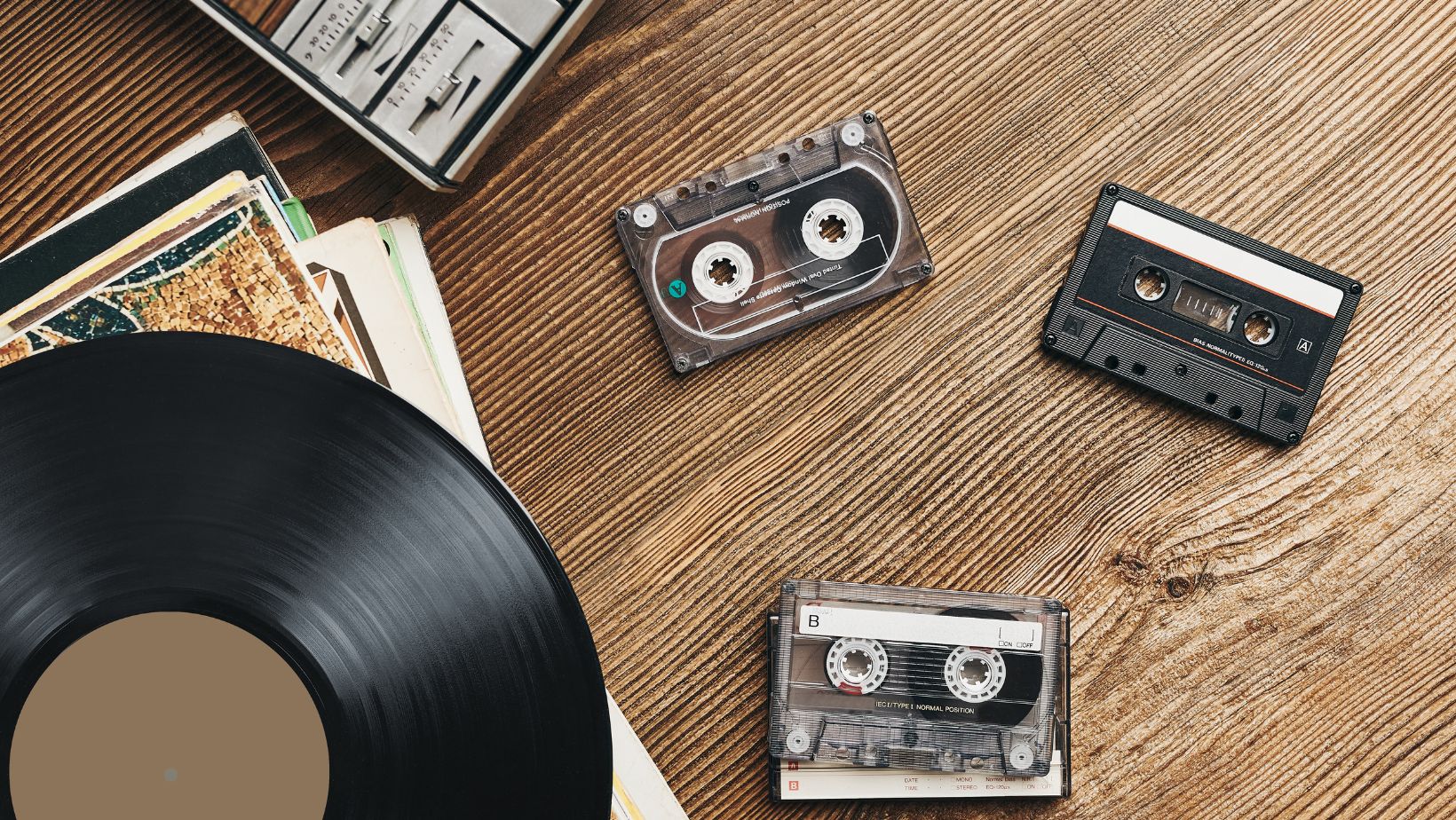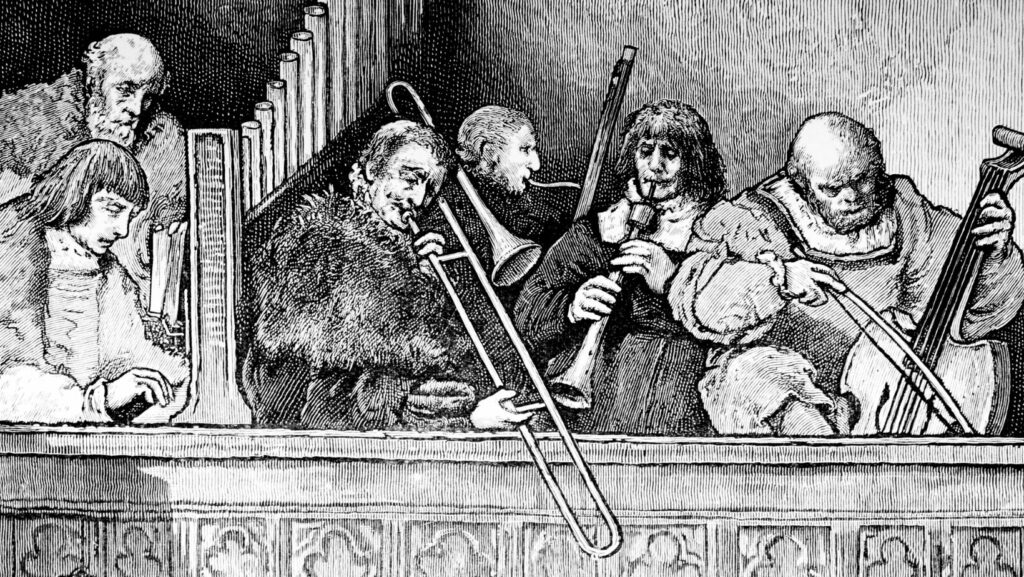From the rhythmic drumbeats of our ancient ancestors to the synthesized tunes of the modern era, music’s evolution is a fascinating journey through time. It’s a universal language that transcends borders and cultures, shaping societies and echoing the spirit of each era. This article dives into the rich tapestry of the music timeline, tracing its footsteps back to the dawn of civilization.
History of Music Timeline

Delving deep into the origins of music, one finds it intricately connected to early human civilizations. Music emerged as an elemental form of expression, with the first musical instruments dating back 40,000 years, discovered in a cave in Slovenia. It’s evident that even at this primordial stage, humans used music for social bonding, communication, or ceremonial rituals.
Moving forward, to the Bronze Age, around 3000BC, humans started creating more sophisticated instruments like harps, lyres, and flutes. Ancient civilization in Mesopotamia offers the earliest reference to music theory and performance. Music notation, a novel concept, was initially experimented within 2000BC by the Sumerians.
Throughout history, the origins of music keep redefining itself—strongly anchored to societal movements, technological advancements, and human ingenuity, maintaining a harmonious symphony with cultural wavelengths.
The Rise of Classical Music

Moving ahead from the roots of the ancient music era, around 1750, began the emergence of Classical Music, highlighting one of the pivotal points of the music timeline. It’s marked by precise structural clarity and balance, and originates from the traditions of Western art and ecclesiastical music. The prime of the Classical period is predominantly dominated by three composers: Haydn, Mozart, and Beethoven. Symphony orchestras, then, comprised 30-60 players, with music emphasizing on melodies and harmonic progressions.
Continuing from this prime, the Late Classical period, spanning from 1800 to 1820, saw a strong influence of Romantic style. The period elaborates more on expression and intense emotions, breaking away slightly from the structural purism of the High Classical period. Yet, it retains the stylistic integrity of the Classical era, being a stepping stone into a more dramatized musical era, known as the Romantic period.
Romantic and Modern Music Evolution

Following the transition into the Romantic era, music took a dramatic turn, with intense expression and emotion becoming the focal points in compositions. During this period, spanning the 19th and early 20th century, music expanded the composer’s artistic freedom, resulting in complex harmonies and varied rhythms. Noteworthy composers of this time include Chopin, Schubert, and Wagner, all contributing their unique touches within this evolution.
Shifting through time, the 20th and 21st centuries unveiled a revolutionary phase, symbolizing modern music progression. This period witnessed the birth of numerous genres, each breaking traditional music boundaries. From jazz to pop, electronic to reggae, every genre provided fresh perspectives and unique sounds, evolving the music landscape. Pioneers such as Charlie Parker, The Beatles, and Bob Marley, each championed their respective genres, contributing significantly to this development.
The timeline of music history, therefore, continues to be a vibrant journey, illuminating the evolved artistic and emotional expression of music across eras.
Music in the 20th Century
It’s undeniable that music’s journey through the ages has been a vibrant one. From the structured melodies of the Classical era to the emotion-laden compositions of the Romantic period, it’s been a testament to the evolving human spirit. The 20th and 21st centuries brought a revolutionary shift, birthing genres that continue to shape our musical landscape. Jazz, pop, electronic, and reggae have all added unique sounds and fresh perspectives. Figures like Charlie Parker, The Beatles, and Bob Marley have left indelible marks, highlighting music’s power to both reflect and shape societal trends. The history of music, therefore, isn’t just a timeline of artistic evolution, but also a mirror to our collective emotional journey. As we look forward to the future of music, we’re excited to see how it’ll continue to evolve, transform, and tell our human story in new, innovative ways.

